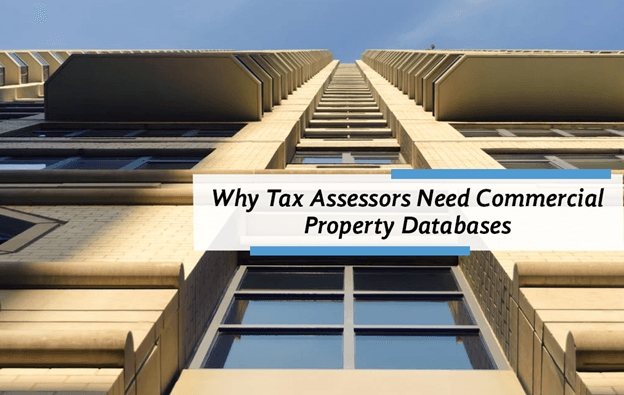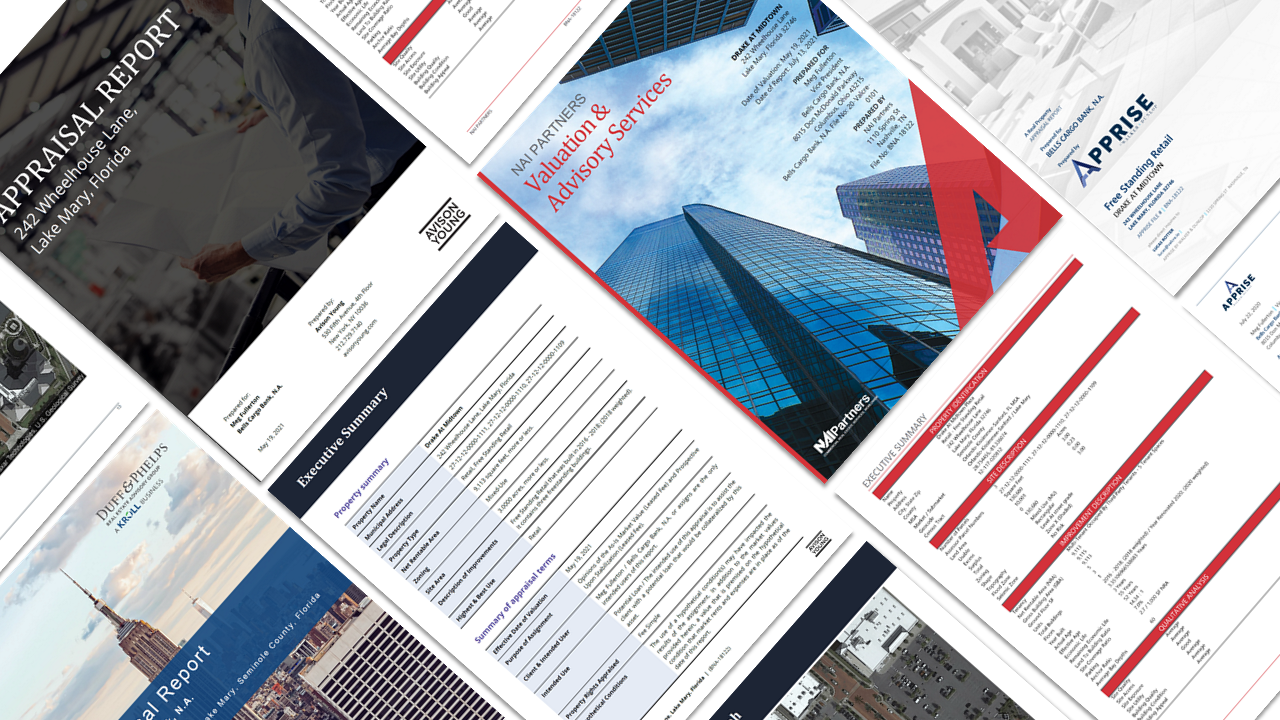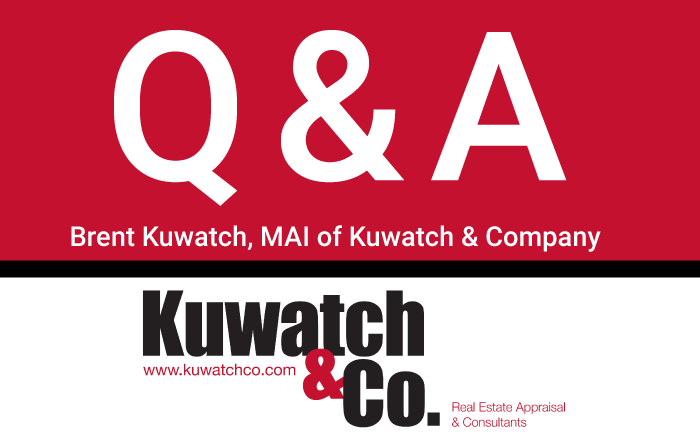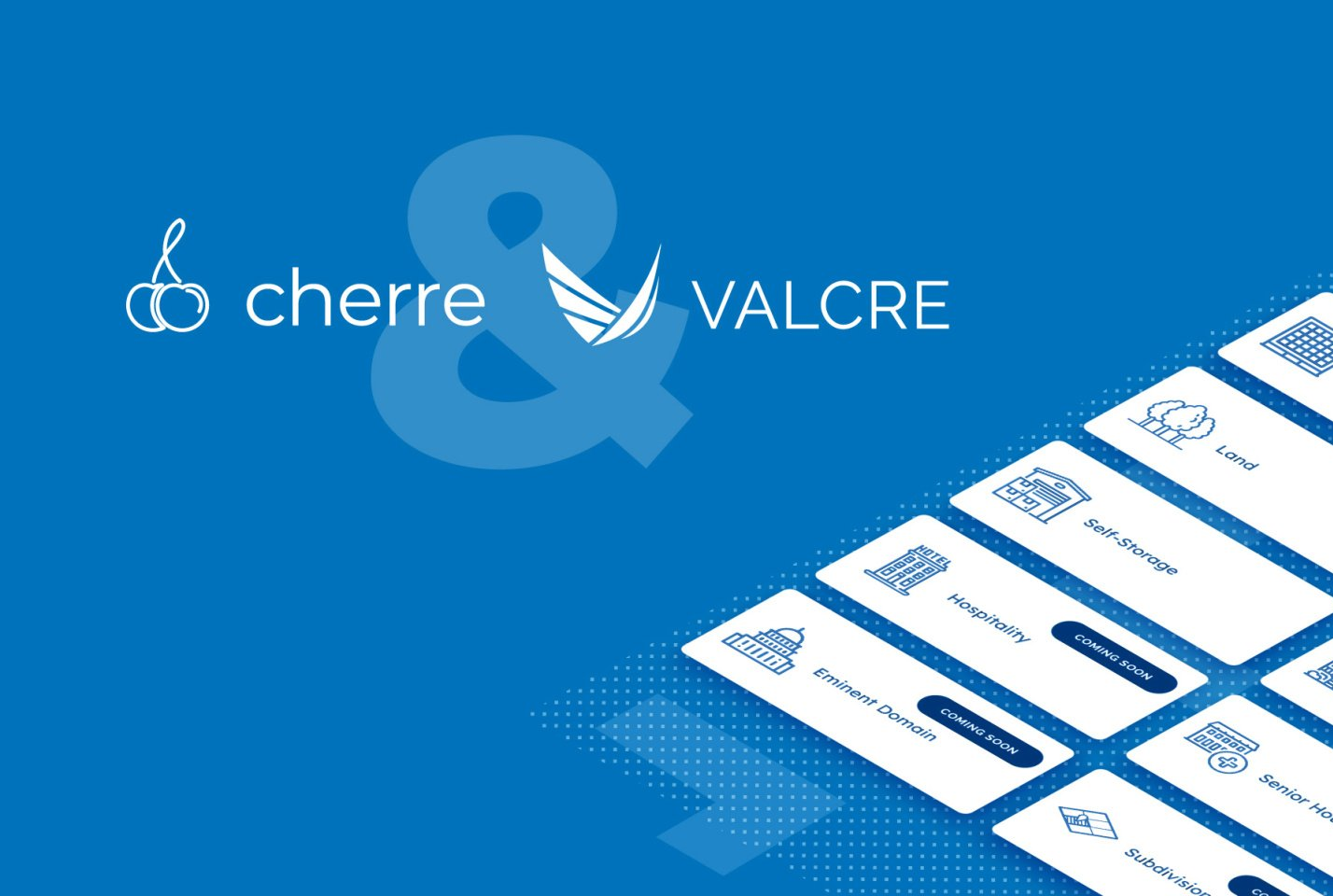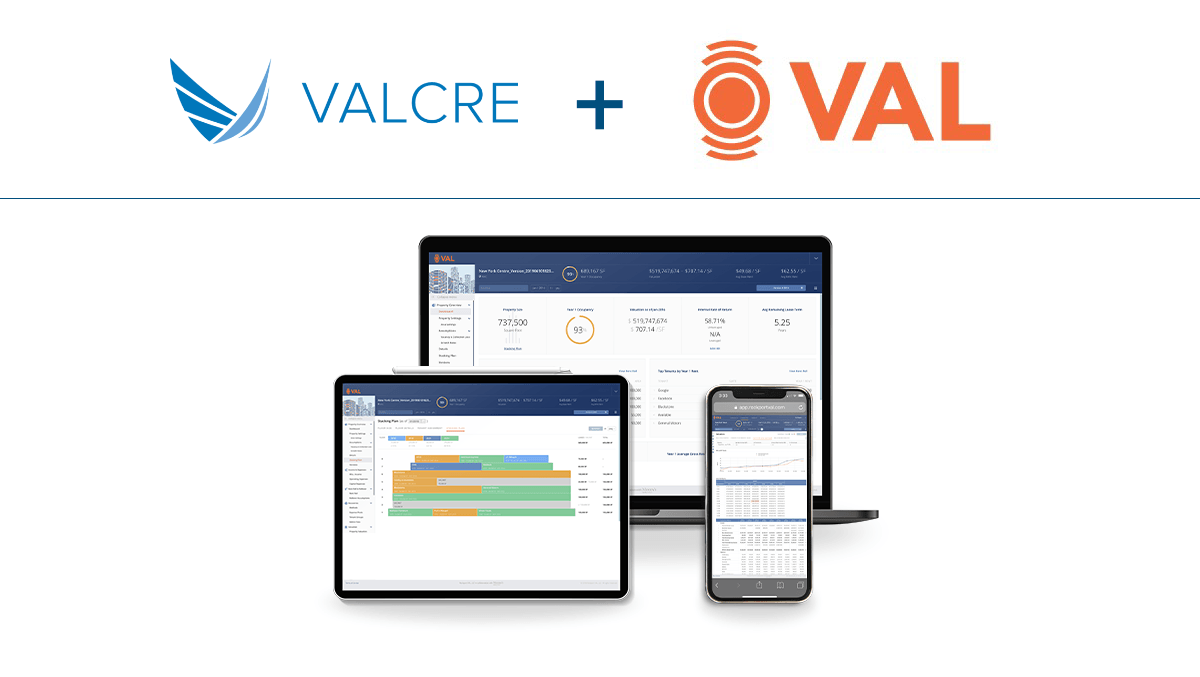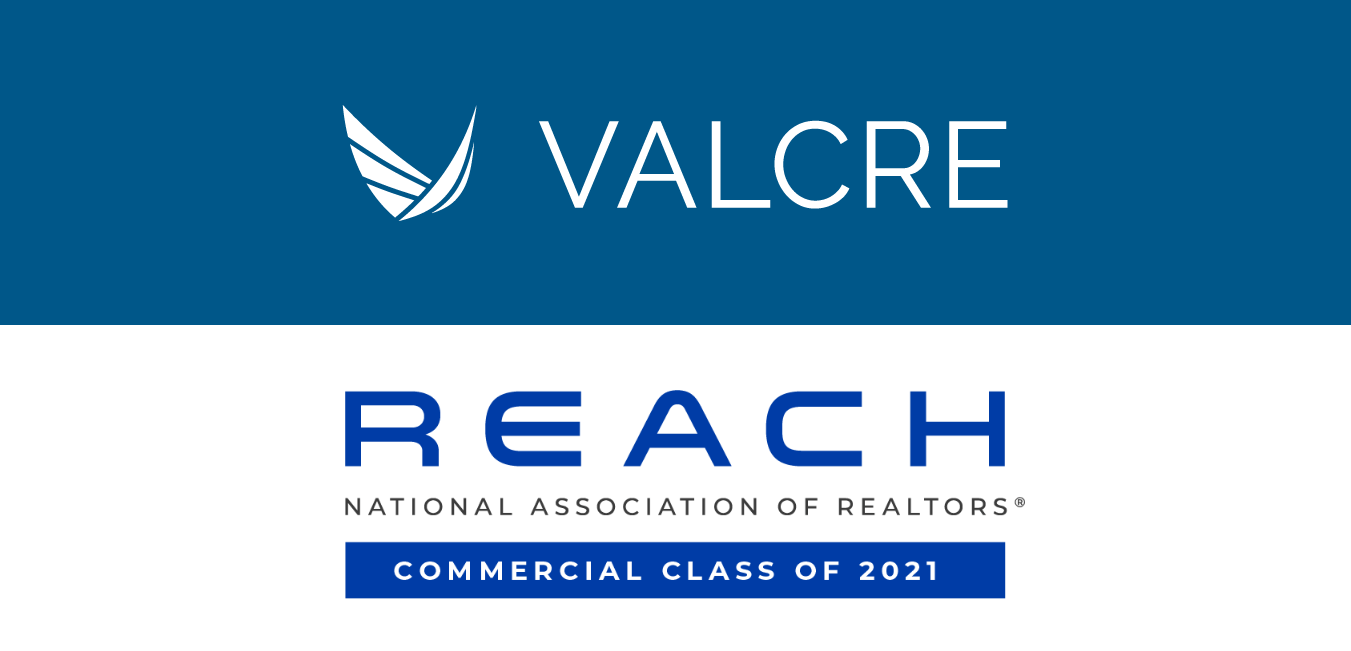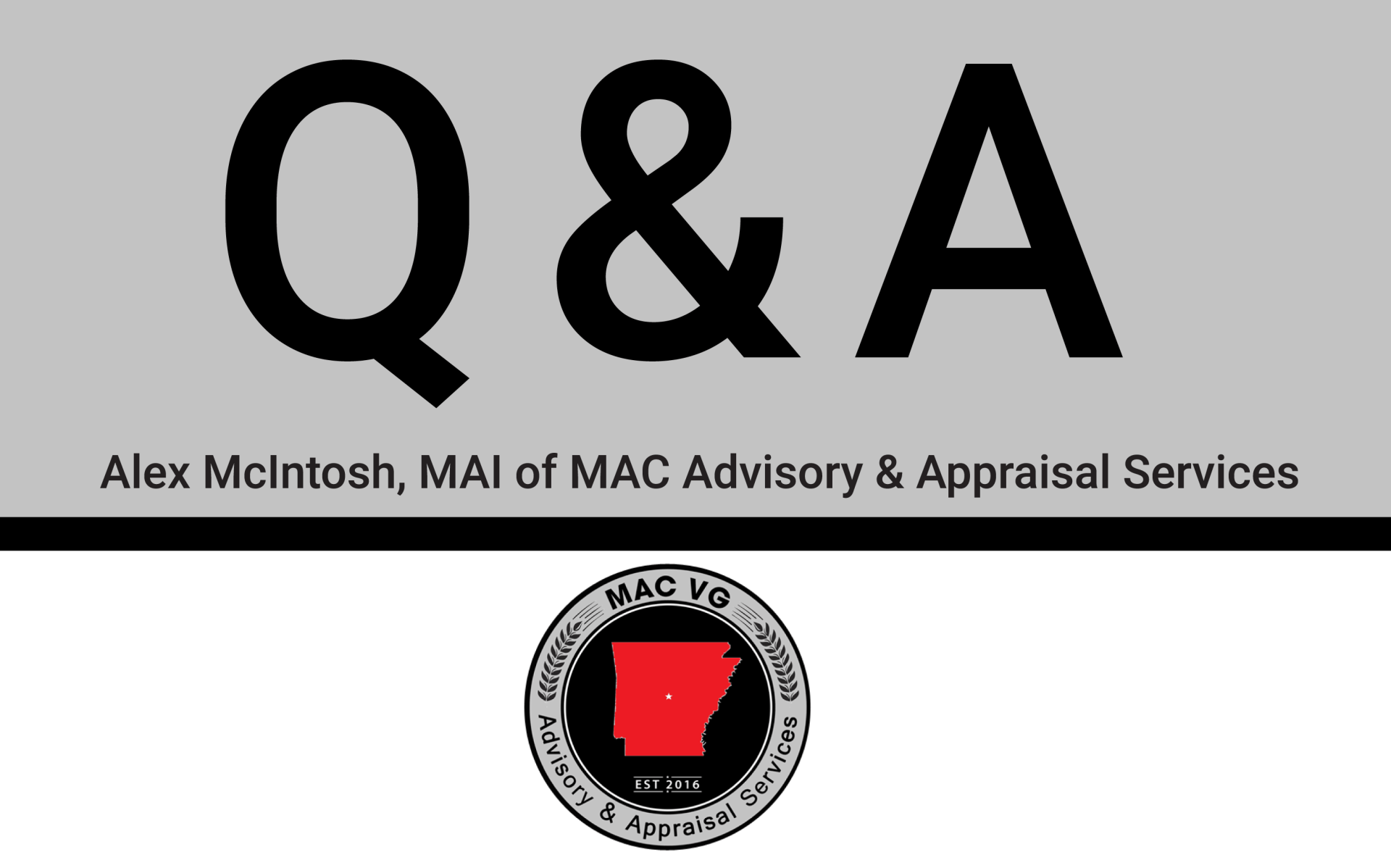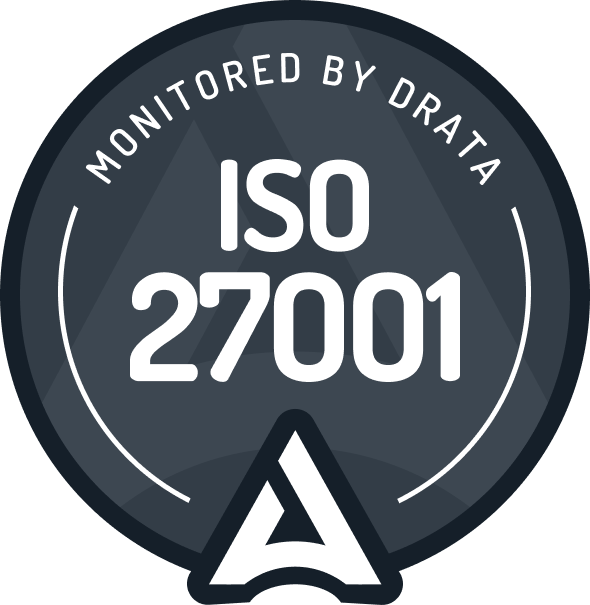Q&A with Valcre user: Brent Kuwatch, MAI of Kuwatch & Company
The average age of an appraiser in the United State is 55 years old. As the industry shifts its reporting methods from outdated systems, to cloud-based appraisal writing software like Valcre, much of the industry is reluctant.
For long-time appraiser Brent Kuwatch, of Kuwatch & Company (North Canton, Ohio), switching his firm to Valcre was one of the best decisions in his 28-year appraisal career. Learn how he defied the common phrase, “you can’t teach an old dog new tricks.”
Tell me about your career as an appraiser.
I’ve been an appraiser for 28 years. Back in 2000, a partner and I bought the firm I worked William Lemmon & Associates. At that time, we had added another partner, but after five years, we all went our separate ways. I’ve been in business now by myself for the last 15 years.
How big is the Kuwatch & Company team now?
Kuwatch & Company is a small boutique shop. There are three of us — myself, an appraisal trainee and my office manager.
When did you first start using Valcre?
We started using Valcre in January 2019, but because we’ve been so busy these last 18 months, we haven’t been able to fully explore all of Valcre’s features. With this down time during the pandemic, we are starting to dig into some of the areas we’ve neglected.
Anytime we have a question on how to do something like loading expenses into Valcre, there’s a little video we can click on that will show us step-by-step how to do something. It’s just been so easy to work with.
How did you first hear about Valcre?
My office manager was shopping for different appraisal software. She checked out other software programs, which we didn’t follow through with, because they weren’t user friendly.
When she found Valcre, I immediately really liked it. When I saw that the team behind Valcre had a background with national companies, I felt confident that they knew what they were doing and that it would allow us to have a platform that would compete with the national firms — that was really the selling point and that it was so easy to use.
What was the on-boarding / training process like for Valcre?
We had a bit of downtime when we were learning how to use it, but it really wasn’t that bad.
How long did it take you and your team to get trained and running at full speed with Valcre?
We did a phased approach. First my office manager learned it, then she trained us on it. I had the database down in less than a week. It was just so easy. It maybe took us three months to get really, really proficient at the excel portion.
What makes Valcre so easy to use for your team?
I’m 51 years old and we all know old dogs don’t like to learn new tricks, but Valcre was easy enough for me to pick up and run with.
With Valcre, first you load your data into Microsoft Excel, then you sync it with Microsoft Word. It’s through the syncing that you're allowing the narrative to be created. I’ll be honest, I don’t do the syncing — my office manager does them. I’m like the roadkill on the information highway, but Valcre is just so easy to use and in just a few months I’ve become really proficient working with it, and really quick.
It’s also helpful because if I don’t want something specific to show up on my report, I can just cut it out. For example, we’re not big on parking ratios in my market. A lot of the time, we’re working on rural properties with gravel parking lots that don’t have parking spaces. I can hide sections like these if I need to, but they’re there for me if I need them for projects in more urbanized areas. Valcre has everything appraisers need, but gives users the ability to cut out what they don’t want.
How did Kuwatch & Company decide it was time to switch things up with their appraisal writing methods?
We were starting to feel like we were being taken over by the national firms coming in. We had been looking for a software program over the years. We had been using another software prior to learning about Valcre, but we could never get it fully up and running. That software didn't have any of the templates or useful tools, so we had to create our own. We even hired an outside consultant that could build templates for but they weren’t able to get us any further, so when Valcre came along, we scrapped the other software. Valcre’s platform is just so easy to use, so we’ve been really happy with it.
Also, Kuwatch & Company serves primarily smaller businesses. Most of the national firms are still working on the large ARGUS-type properties. Our practice works more in rural markets and smaller markets, which many data providers really doesn’t cover that well.
What is the one Valcre feature you couldn’t live without?
Valcre’s database. Before Valcre, we were still using word files and storing them in folders...it was incredibly archaic. A lot of appraisers have learned this about their methods over the years.
I’ve talked to a couple people about Valcre, and one appraiser in Indiana was like, “I’m a one-man show working out of my house, would you suggest Valcre for me?” And I’m like, “Oh yeah. It's easy. You’re going to have some downtime because you’ve got to convert your sales so you can load them into the database, but once they’re in there, you’re good.” He was around the same age as me, and I’m not sure if he ended up going with Valcre or not, but I told him how easy it would be for him to use.
Right now, I’m working on a super specialized property that I unfortunately can’t put into Valcre. For specialized projects like these, we have to go back to our old format; and in the office, we’re all of the opinion that we just hate doing the old format anymore because with Valcre it’s so much easier. Valcre has made us more efficient.
How has Valcre directly affected your business abilities since you started using it?
One of the big things in the appraisal industry is the expectation that fees have to be lower and turn times have to be faster. Clients want us to be quicker and leaner, and Valcre has allowed Kuwatch & Company to become that. We’re more efficient now with writing reports and we spend less time per appraisal. Valcre has allowed us to trim down our turn times so that we can get more work out—and if your fees are lower, you have to get more work out.
Because we didn't convert or grow up and start using appraisal software like Valcre sooner, we were behind a lot of our competitors. Now that we have Valcre we’ve jumped started our business and are now ahead of a lot of our competitors doing the same types of reports. A lot of my competitors are old guys who don’t want to learn how to use something new, are at the helm and don’t want to spend the money on it, which I can understand. But at the same time, Valcre gives me a competitive edge. Most of my competitors, up until a couple years ago didn’t even have a website.
Would you recommend Valcre to your peers?
I would recommend Valcre to any of my peers that are not my direct competitors.
How important is technology and software like Valcre for the future of the appraisal industry?
It’s a must. The only thing I worry about is Valcre getting all of us on and addicted to things like the database and then you start jacking the fees up like large property data providers.
We’re small users. I don't know that a lot of Kuwatch & Company’s competitors or shops my size will want to invest in Valcre because of the cost, but it’s probably even more so that they’re scared of learning how to use a new program.
How has the pandemic affected your workflow?
We were blessed because we had a large backlog of assignments before all of this started. Assignments were continuing to come in as we were wrapping up those jobs so things were steady. The last two weeks have been a bit more challenging. We noticed last week that the demand has started to drop a bit. We received one of the PPP loans, which will help us to bridge the gap.
What has your team’s set-up been like during the pandemic?
I’ve been the only one going out and looking at properties. We have our masks and hand sanitizer and all that good stuff. Really, around here, most of the businesses have been shuttered. There’s usually one person who lets me in so I can do my job with minimal risk. The only real challenge has been going to look at apartments. Tenants don’t want us in their units and that’s understandable, but for the most part it’s been as usual.
Would it be fair to say Valcre, hand sanitizer and face masks are helping you get through pandemic the last few weeks?
Haha yeah! We’ve been really lucky. Even more than that is the fact we started using Valcre last year, around the same time my server needed to be replaced. We worked with our IT person to transition everything to a cloud. With the cloud and Valcre, we can work remotely with no problems at all.
The fact these two transitions fell into place roughly on the same timeline was great for us in hindsight. Because of it, Kuwatch & Company really hasn’t hit any stumbling blocks these last few months like most firms probably have.
What would you say to these competitors about the price and learning curve? Would you say it’s been worth it?
Oh yeah. Valcre has been very worth it for us. I could see how a bigger firm with five appraisers could get pricey, especially in this time, but it’s like I told the guy in Indiana, Valcre is totally worth it.
—
For more information email sales@valcre.com to get started today.
Brent Kuwatch, MAI is an expert in his market area. He has more than two decades of professional experience in Northeast Ohio supported by lifetime residency in the area. As former President of the Northern Ohio chapter of the Appraisal Institute and MAI designation, he has achieved a solid record in analyzing commercial properties.

